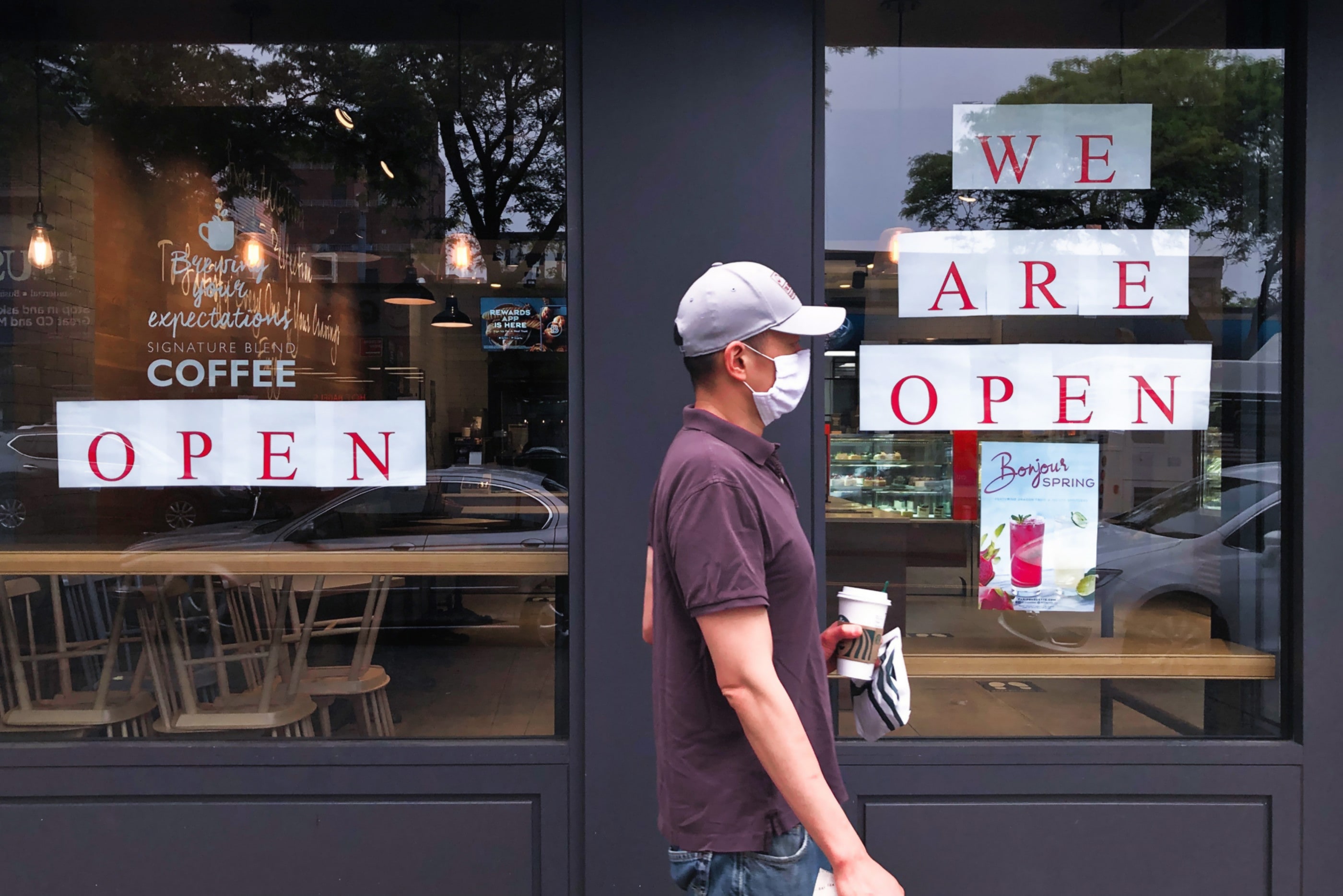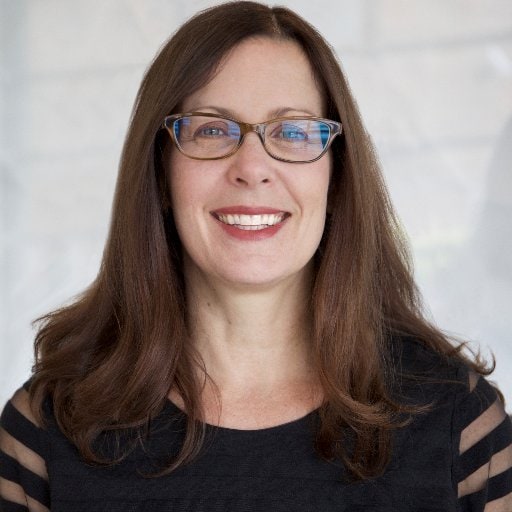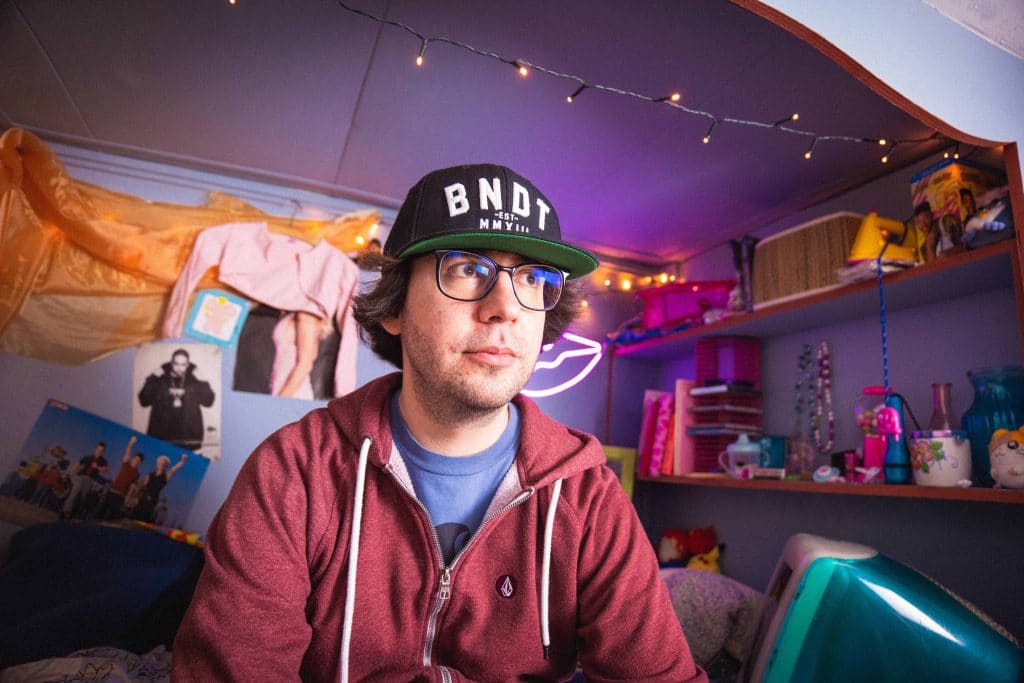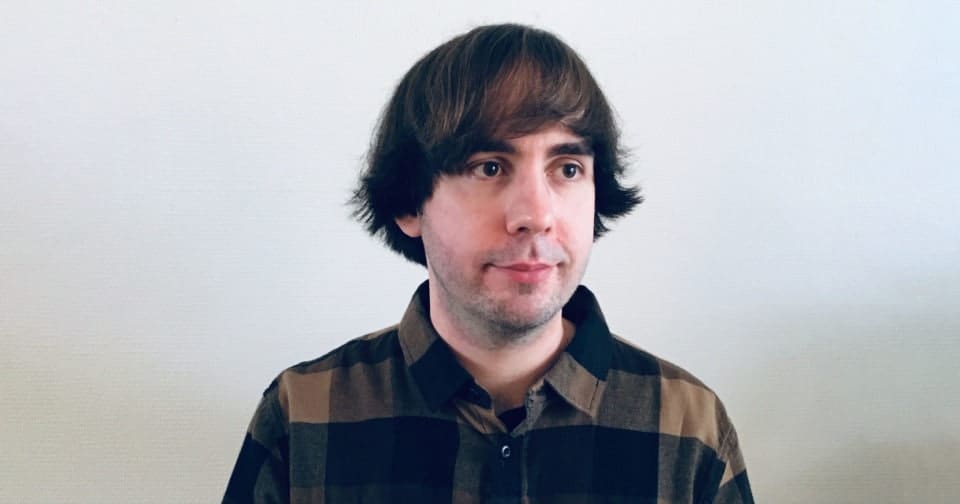
Lending millions of dollars to US restaurants and other small businesses during the Covid-19 pandemic, Kabbage was the second largest payroll protection program (PPP) lender in the program by app volume. With PPP now expired, here, co-founder Kathryn Petralia (pictured, below) discusses future options, including additional federal relief and other policy initiatives, to help restaurants and other small businesses to recover.
What are the biggest challenges main street restaurant operators face now thatthe PPP has ended?

Adapting is one of the biggest challenges. The PPP successfully helped small businesses get through a rough patch of time, but as those funds dry up and cities and towns throttle re-openings, businesses need to adapt to the changes. They need to find ways to drive demand, reinvent revenue streams and keep their companies progressing in the right direction despite the ongoing challenges facing our economy.
Describe Kabbage’s experience of the program and being able to help those that needed it most.
It was one of the greatest honors and accomplishments of our professional lives to support so many small businesses during this difficult period. We served the smallest of businesses in the US, many of which were turned away from their long-standing banks. Over 90% of our PPP customers have fewer than 10 employees, 67% of which are self-employed. In the end, we became the second largest PPP lender in the nation helping nearly 300,000 small businesses access $7bn. We estimate our efforts helped preserve over 945,000 US jobs as a result.
Could PPP do enough in that period and should it have been extended further?
The program ended with $130bn left in the coffers for small businesses, which suggests there was ample time for small businesses to apply. However, we heard from many that applied late that they didn’t feel they either qualified for funding or were deserving of the assistance. The program came with much confusion and uncertainties that I’m concerned left many deserving businesses that needed funds on the sidelines.
Our data shows many businesses that received a PPP already have significantly reduced cash balances after taking the loan. That means the PPP worked for a time but now businesses are in the same, or worse, cash position as before the PPP. More funds will be needed if the economy remains idle and businesses are unable to reopen.
We’re hoping Congress works through its differences and passes the HEALS Act which would allocate more relief funds for small businesses.
What does the road ahead look like for small businesses on main street, such as restaurants? Do you believe additional federal relief needs to be triggered?
Yes, more funds will be needed for small businesses. Thankfully, many cities in the US have allowed restaurants to take over parking lots, sidewalks and in some cases, entire streets, to allow outdoor dining. In other states, restaurants can resume indoor dining with reduced capacity and further safety precautions.
Creative solutions that allow restaurants to drive demand are imperative. We’d also love to see cities offer business forbearance and tax holidays to provide further support.
How can restaurants also help themselves and manage their finances prudently?
The months ahead will unquestionably require more care over cashflow for every business. While there is never a good time for crises such as this, we thankfully live in an era with available technology solutions designed to help small businesses manage their cashflow.
My company, Kabbage, offers small businesses free cashflow insights, contactless payments and a new business checking account that eliminates common fees in banking. Instead, we pay small businesses a 1.1% APY, one of the highest rates in the industry. Our products have no sign-up fees nor monthly fees, and all use automation and real-time data to empower small businesses to provide the same financial savviness often reserved for large businesses with big budgets and finance departments. These kinds of innovations make me optimistic and hopeful that we’ll help save small businesses that may have otherwise been forced to shut down. Our efforts with the PPP have already shown this.
When do you believe the US economy will reach a state of full recovery? What does success looks like post-pandemic?
That’s a big question with so many variables and complexities it’s really difficult to pinpoint a time. In many ways our economy will never return to normal. Success will be when consumers’ demands and desires are equally met with supply from the businesses that provide them. And those businesses have the consistency to grow. Whether that’s an increase in online orders and curb-side pickup or a return to indoor dining, that’s unclear.
What do you believe the biggest lesson has been from the crisis for small businesses, such as restaurants?
Ensuring companies have the cash on hand to extend their run rate. This crisis ended one of the longest periods of growth and prosperity our country had ever seen. That strong growth may have encouraged outsized spending instead of appropriate saving. It’s this kind of constant mindfulness of cashflow that technology tools, like those that Kabbage offers, that can help companies better plan and manage for these events in the future.
Michael Jones



